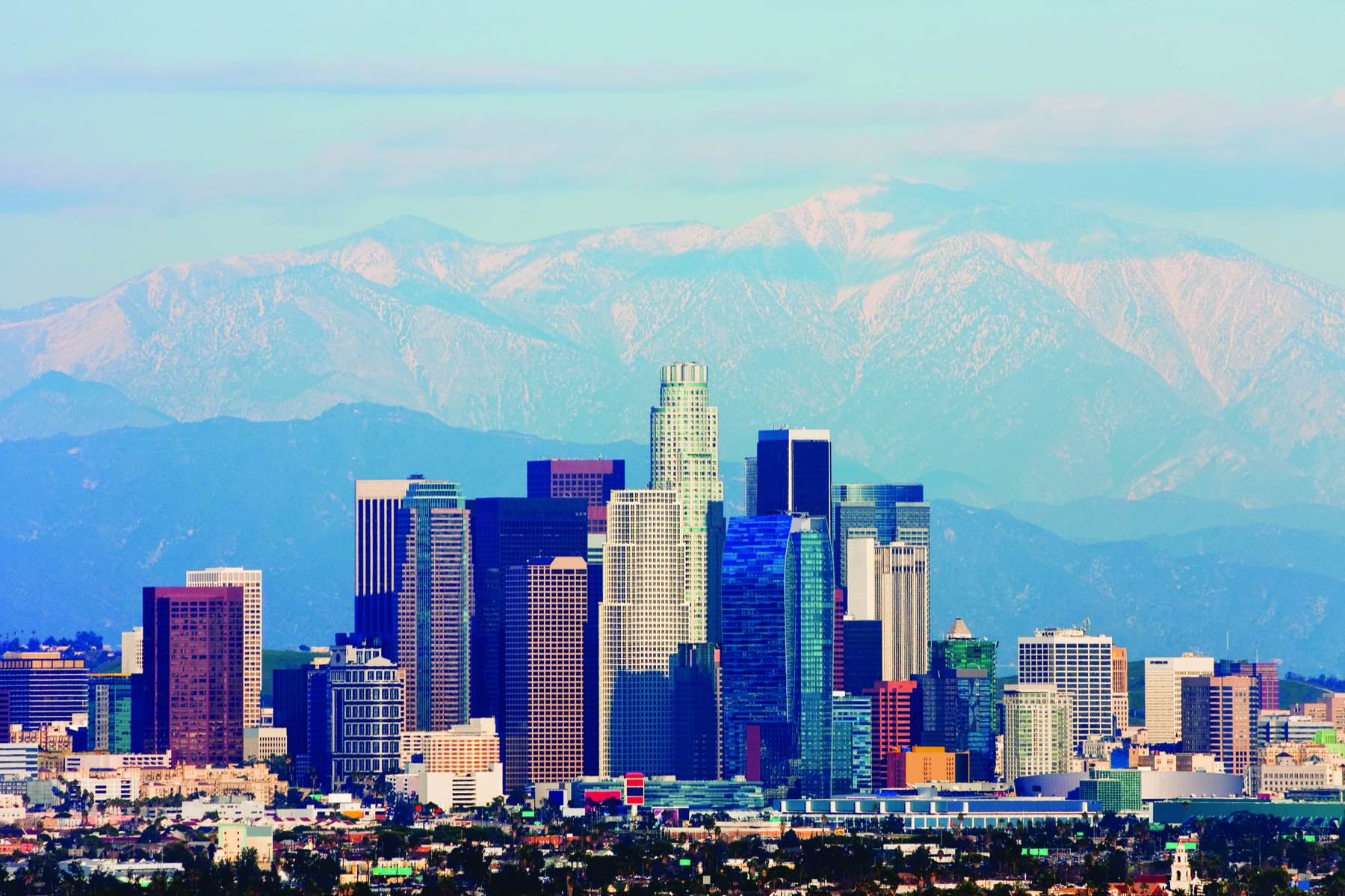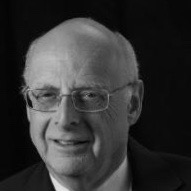
In 1933, with the rise of anti-Semitism in this country and the emergence of Nazi influence in this city’s film industry, the Jewish Community Committee (later, the Community Relations Committee) was formed. Dramatically portrayed by USC historian Steven Ross in his recent book, “Hitler in Los Angeles,” the JCRC has operated as an essential civic instrument in this community for more than six decades.
What’s in a name? While the CRC remained the official acronym of this Los Angeles entity for much of its existence, across the country, community relations entities were pressed to demonstrate their “Jewish” credentials, both in terms of policy and practice. As a result, beginning in the late 1960s, communities were adding the “J” to express their special connection to the primary policy issues of Israel, Soviet Jewry and anti-Semitism that would be increasingly important to their mission.
During the earliest years of the JCRC, according to historians Max Vorspan and Lloyd Gartner in their book on the Jews of Los Angeles, the committee not only had to deal with the presence of neo-Nazis in Southern California but also confronted communist sympathizers operating inside the Jewish community. Despite these major political challenges that confronted JCRC leaders in the 1930s and beyond, the work of this extraordinary group of leaders would be singularly acknowledged in sociologist Robert MacIver’s 1951 report on Jewish community relations in America.
The rich history and significant contributions of the Jewish community relations enterprise ought not to be minimized. In such distinctive areas as promoting intergroup understanding, advancing interfaith relations, fighting racism and anti-Semitism, and promoting Jewish public policy interests, the JCRC played a constructive and essential role for this community.
Today, every major ethnic and religious community in Southern California has an organization representing its key interests.
During the immediate post-World War II era, the JCRC was involved with such issues as civil liberties, immigration legislation, religion in public schools, interracial relations, discrimination in housing and fair employment practices. During this period, the Jewish Community Relations Committee was active as well with the Hollywood community in dealing with stereotyping of Jews and other minorities, employment discrimination and issues of religious tolerance.
Mobilizing support for Israel, fighting for Soviet Jewry, opposing cults and missionaries, and building connections with African-American and Latino leaders would be among the issues that defined the work of the committee during the second half of the 20th century. Along with other communities in California, the JCRC helped to create a Sacramento presence, JPAC (Jewish Public Affairs Committee of California), in order to address Jewish interests on a statewide basis. At times the committee played a convening role in representing the Jewish community at city hall or in Washington, D.C. Indeed, its monthly meetings provided a venue for city, state and national political leaders to address the concerns of the Jewish community, while presenting JCRC leaders the opportunity to consider critical policy issues.
The legacy of the JCRC has indeed left its imprint not only on a generation of Jewish activists but also with key leaders in government and civic groups across this city.
In the 1980s and ’90s, its groundbreaking work with Hispanic leaders, culminating in the first Latino-Jewish leadership missions to Mexico City and Jerusalem, resulted in ongoing political relationships and cultural connections between these two communities. The 1987 visit to Los Angeles of Pope John Paul II would see the JCRC working with Catholic leaders in planning the interfaith activities associated with that historic gathering. After the 1992 civil unrest, JCRC leaders helped to facilitate opportunities for healing and education by bringing together Korean and African-American leaders and in working with government, the private sector and ethnic group representatives in developing plans for rebuilding L.A.
The legacy of the JCRC has indeed left its imprint not only on a generation of Jewish activists but also with key leaders in government and civic groups across this city who were the beneficiaries of the work undertaken by lay leaders and professionals engaged in these efforts at building a stronger community.
Today, across the country, federations and their community relations agencies are caught between the pressures to speak out and act on the public policy issues that are a priority for many Jewish Americans, and the pushback of others who oppose such initiatives. Yet despite these challenges, the educational and grass-roots organizing work of the community relations field continues to thrive in many parts of this country. As national leaders in this field recently reported, “For the first time in more than two decades, federations that had previously cut their JCRCs are now re-investing. … Community relations is once again on the rise.” In this complex political environment, local communities are seeking to leverage their influence and connections with political elites and other civic, religious and ethnic leaders. At this time, this pattern of reinventing JCRC’s is taking place in such communities as Phoenix, Atlanta and Seattle.
One of the critical assets of the JCRC was its ability to identify and train new leaders.
Today, every major ethnic and religious community in Southern California has an organization representing its key interests. The L.A. Jewish community requires such a similar representation. As important and essential as are the roles performed by the American Jewish Committee, the ADL, the Simon Wiesenthal Center, Bend the Arc and other civic organizations within this city, L.A. is the largest Jewish community in America without its own Jewish public policy body.
Over the past several years, groups such Jews United for Democracy and Justice have emerged to fill the vacuum of a community forum dedicated to the discussion of the significant policy issues of importance to our Jewish community. Similarly, organizations such as Reform California have been formed to provide a Jewish response to statewide issues of concern to Jews and to other constituencies.
In this current political environment where there are deep divisions within our community, a reorganized JCRC might best operate outside of the Jewish Federation, similar to the organizing model that exists today in such communities as New York and San Francisco. It should be noted that for much of its early history, this body operated outside of any umbrella structure, enabling it to address the primary concerns of the community.
In re-inventing the JCRC, five key elements ought to drive this initiative:
The community today requires a neutral space for political discourse to occur; the JCRC can be that address. This communal entity can establish Jewish “town halls” where public policy issues can be vetted and where thoughtful, civil discourse can take place without the necessity of requiring policy statements or joint action. The community today requires a gathering point where Jews who hold differing views can come together for thoughtful conversations around issues that impact our society. JCRC’s policy and advocacy functions should be limited to those compelling issues of Jewish security, and where its constituents embrace collective action. In this context, we will be creating “communities of conversation” designed to frame the essential issues in these critical times.
In creating this new venture, it is essential that its organizers move away from the “silo” and “competitive” institutional system that defined the institutional culture of the 20th century, adopting instead a 21st-century organizational approach that promotes a collaborative, integrative communal framework. This shared-engagement model permits a seamless interconnect or synergy among partner organizations with the JCRC, permitting its participants a gateway of organizational choices with reference to their specific political orientation and policy preferences. Where the JCRC may act on the shared interests of the L.A. community, this model permits access to specific interests of its many participants.
One of the critical assets of the JCRC was its ability to identify and train new leaders. A leadership development program for this new generation of public policy wonks and community organizers represents a central ingredient in this proposal. Reseeding our community with knowledgeable and engaged professionals and lay leaders must be seen as core to building the next iteration of the JCRC.
As in the past, the JCRC can be the vehicle for mobilizing community volunteer opportunities, including projects such as Koreh L.A., with its focus on student literacy. Building into this organizational model a commitment to community involvement ought to be an essential part of its mandate.
The JCRC ought to be seen as the central community public policy organizing body, bringing together the organizations and synagogues of Los Angeles, being in a position to help mobilize our community around common concerns and joint political action.
The Time Is Now
At this moment when many Jews are in search of a venue for thoughtful deliberations and collective action, the establishment of a 21st-century version of the JCRC would seem to be in order.
Steven Windmueller is the Rabbi Alfred Gottschalk Emeritus Professor of Jewish Communal Service at the Jack H. Skirball Campus of the Hebrew Union College-Jewish Institute of Religion, Los Angeles. Windmueller’s writing can be found on thewindreport.com. From 1985-95, Windmueller served as the director of the Jewish Community Relations Committee of the Jewish Federation of Los Angeles.






















 More news and opinions than at a Shabbat dinner, right in your inbox.
More news and opinions than at a Shabbat dinner, right in your inbox.